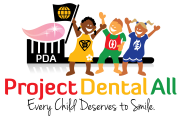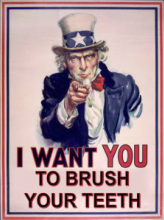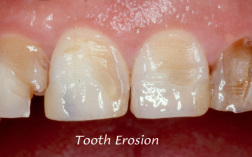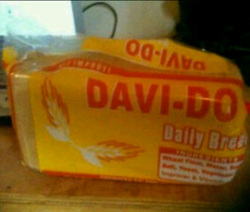POPCORN KERNELS: Now this is not entirely unbelievable; after all, "You have a combination of something ultra hard and something ultra hard", says American Dental Association spokesman Richard Price, DMD. Something's bound to give and it's most likely your teeth. Popcorn kernels can chip teeth and this wouldn't be the worst thing imaginable except, unfortunately for us, our teeth can't regrow like our skin can. Price likened biting popcorn kernels to trying to bite stone, doesn't that just sound like it hurts.
Get the picture? Imagine biting into something this hard. The next time you're tempted to bite a popcorn kernel, put this image in your head.
Photo Credit: Google Images
BY: Thamizhpparithi Maari
Photo Credit: Google Images
BY: Thamizhpparithi Maari
Well, that's all folks! As always stay tuned for more info.
Source: Karen Springen " 5 THINGS YOU DIDN'T KNOW ABOUT YOUR TEETH",
http://www.webmd.com/oral-health/features/5-things-you-didnt-know-about-
your teeth
Source: Karen Springen " 5 THINGS YOU DIDN'T KNOW ABOUT YOUR TEETH",
http://www.webmd.com/oral-health/features/5-things-you-didnt-know-about-
your teeth






 RSS Feed
RSS Feed